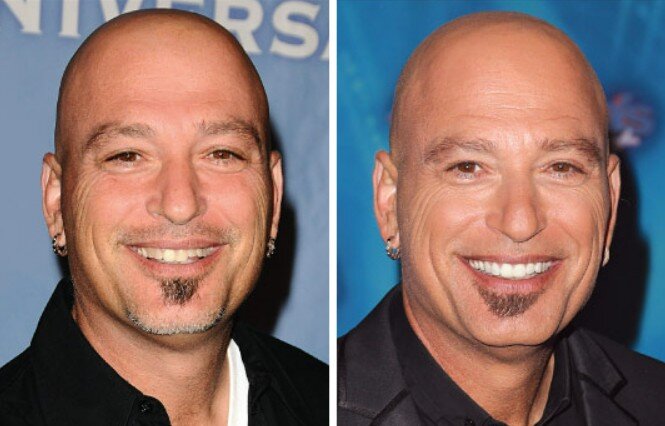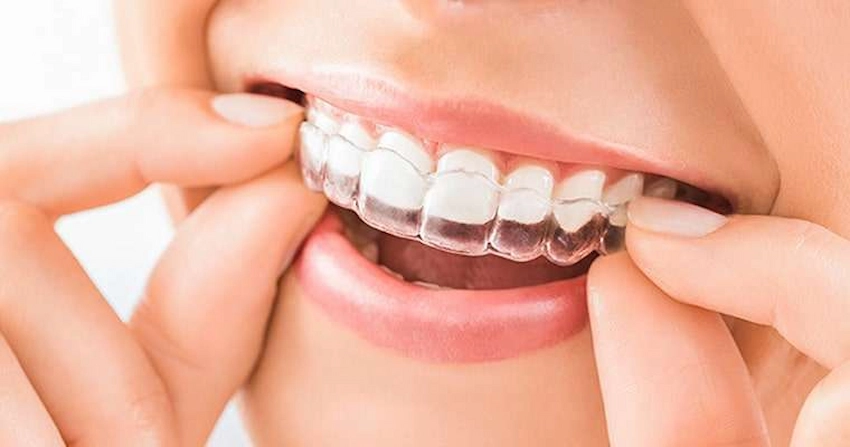🦷Understanding Bruxism: Causes And Treatments
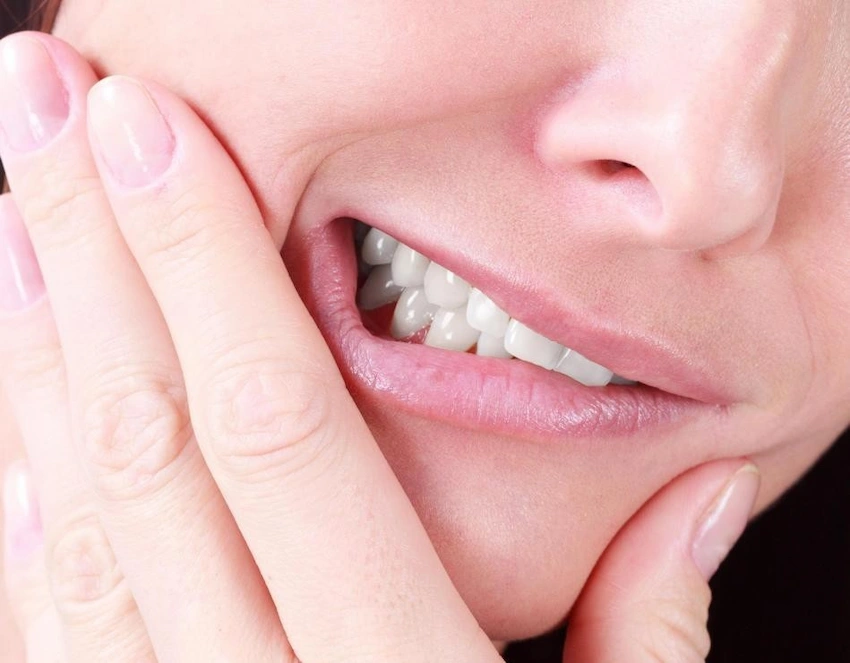
Bruxism, usually caused by stress or teeth misalignment, may result in dental complications and physical discomfort. Efficient treatments include managing stress and dental night guards. Bruxism is the involuntary gritting of the teeth and clenching of the jaw at the same time when you have stress and/or at night over the millions of people and is thus widely spread, which often results in pain and other dental issues. The consequences of such an experience are generally disastrous, mostly in cases when the victims are stressed out and/or get their teeth out of alignment. However, to adequately prepare for oral healthcare and safeguard the overall health of a person, proper measures must be established, for example, knowing the reason for it and going through the different ways of treatment.
What is Bruxism and Its Symptoms?
Bruxism, a condition marked by the forceful rubbing and biting of teeth that is beyond the control of the subject, is usually restricted to the time of sleep or the period of stress. The people who get bruxism are often not aware of it hence there is a possibility of getting different kinds of diseases. Most common bruxism symptoms include:
- Teeth that are flat or worn down
- Pain in the jaw or soreness
- Headache, mainly after resting
- Muscle aching
- Painful ears resulting from the pain having been referred
- An increase in tooth sensitivity
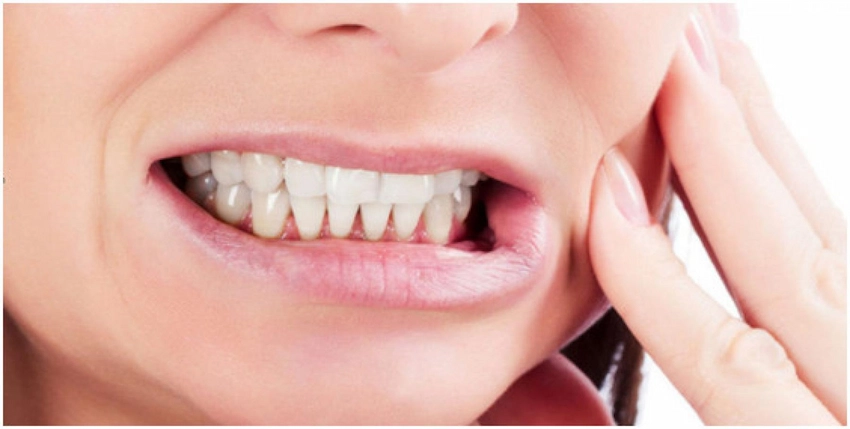
If these signs are observed, seeking a professional dental opinion will be helpful for the correct diagnosis and proper treatment.
Common Causes of Bruxism
Bruxism, as a problem, may come from several different aspects, which are usually physical, psychological, and lifestyle-related, and at times, the lines get quite blurred. Some of the most common causes are as follows:
- Stress and Anxiety: Prolonged periods of high stress frequently result in increased muscle tension, which can lead to grinding or clenching during sleep.
- Sleep Disorders: There are various sleep disorders, and actually, sleep apnea is considered to be one of the factors that contribute to bruxism occurs as the body’s way of reacting to disruptions in breathing.
- Abnormal Bite: When the teeth are not in proper alignment or the bite is uneven, the jaws have to exert more effort, which results in the occurrence of grinding.
- Caffeine and Alcohol: The overconsumption of caffeinated beverages and alcohol is closely related to an increased likelihood of bruxism.
- Medications: Some medications, especially antidepressants, may have bruxism among their side effects.
- Lifestyle Choices: Smoking and drug abuse, as one of the lifestyle choices, can also trigger an increase in bruxism activity.
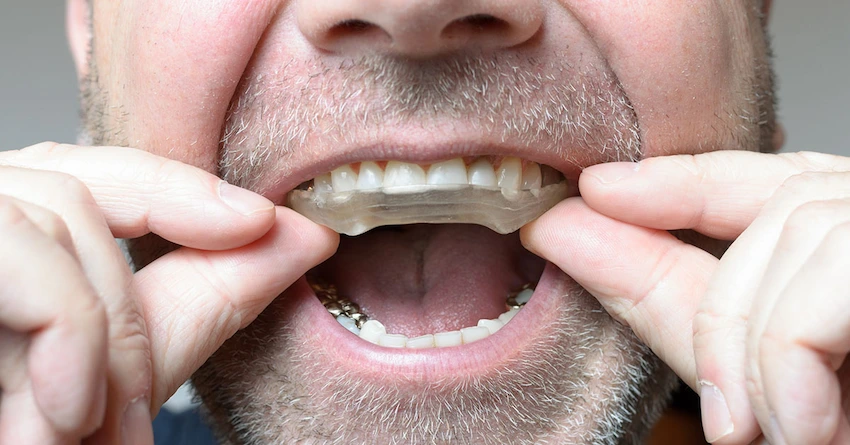
Figuring out the causes is the key to proper treatment and management, which will encourage the person to reduce the negative influence of this condition on the dental health to a minimum.
The Relation Between Stress and Bruxism
Stress is a huge factor that influences the development and worsening of bruxism, which is the involuntary grinding or clenching of teeth. As individuals experience high levels of stress, their bodies often react with tension it is in turn leads to facial muscle contractions and teeth grinding while sleeping or even being awake. If people learn the impacts of stress on bruxism, they can make themselves become active agents of both their stress levels and their oral care.
| Stress Factors | Effects on Bruxism |
| Work-related Stress | Strengthens the habit of teeth grinding through the jaw. |
| Emotional Distress | Is the main reason for unconscious clenching, especially at night. |
| Life Changes (e.g., moving, career shifts) | May cause higher anxiety and thus increase the chances of bruxism. |
| Lack of Sleep | Not only increases anxiety, but it also enhances the possibility of more tooth grinding during sleep. |
Diagnosing Bruxism: Signs to Look For
To diagnose bruxism, one must identify the numerous signs and symptoms that could be the cause of this medical condition. People usually don’t know they have bruxism, and the only way they find out is either when they finally see the signs or appear or when they start to suffer from dental problems. Without a proper understanding of these signs, it is quite impossible to achieve an early diagnosis and intervention that can eventually reduce the harmful effects of bruxism on oral health.
| Signs of Bruxism | Description |
| Grinding Noises | Observable sounds during sleep, often noted by a partner. |
| Facial Pain or Jaw Tension | Chronic pain in the jaw or face, particularly upon waking. |
| Worn Tooth Surfaces | Visible wear, chips, or cracks on teeth due to grinding. |
| Headaches | Frequent tension headaches, particularly in the morning. |
Options to Deal with Bruxism: From Mouthguards to Meditation
Bruxism is a disorder that interrupts your sleep and can cause you to grind your teeth, but many methods of treatment can be used effectively to manage this condition. One most conventional methods is the use of a custom mouthguard that you can wear at night to stop teeth grinding. These items act as a protector that not only prevents tooth abrasion but also takes away discomfort.
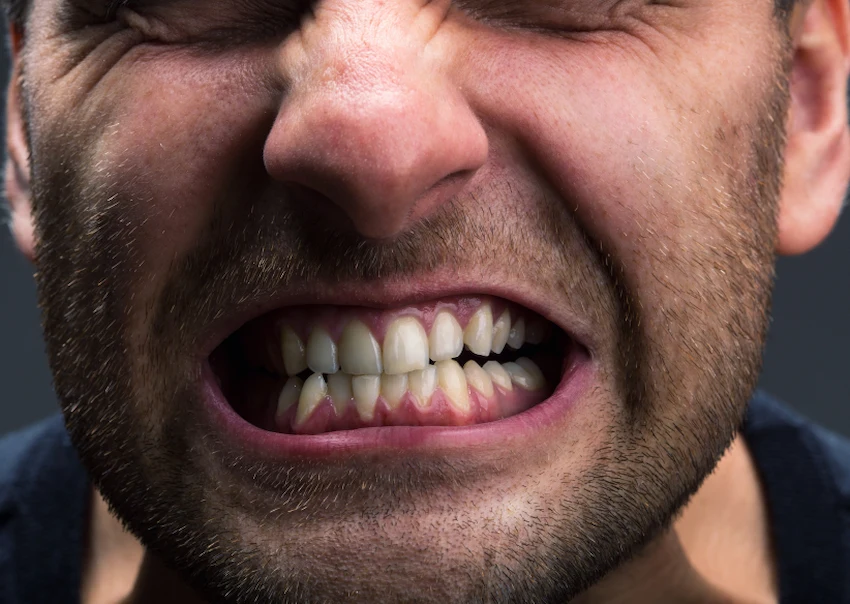
As well as the mouthguards, relaxation and stress management practices are also critical to bruxism treatment. Meditation, yoga, and breathing exercises work wonders in relieving stress, a major cause of teeth grinding. By practicing these activities regularly, you can achieve inner peace, which is a total anti-bruxism aligner. Interacting with a dentist or a healthcare specialist could be a solution for you to devise a treatment plan whereby your requirements and way of living will not be affected by it, therefore leading to a brighter mouth and a more fulfilling life.
Solutions to Minimize Bruxism Using Lifestyle Changes
By simply making a few changes to your habits, you can bring about a significant decrease in the number of bruxism cases. Here is some effective advice that can help you implement new strategies for it:
- Reduce Stress: Some of the best methods to alleviate stress include doing regular physical exercises, being mindful, or simply planning your time in a way that allows you to unwind.
- Stay away from Stimulants: Say no to caffeine (or any nicotine as well), the intake is mostly limited to the evening, because caffeine can trigger anxiety further, and one may be more nervous and upset.
- Healthy Sleep Routines: A consistent sleep schedule is key to stop the grind and stay asleep, thus lessening your body’s stress at nighttime.
- Learn Relaxation Techniques: Making relaxation techniques, such as progressive muscle relaxation or soft stretching as a part of your nightly routine will release some of the built-up stress.
- Keep Hydrated: Apart from dehydration leading to muscle tension, it is always a good idea to drink a lot of water as the day wears on, moving you closer to a dry muscle condition.
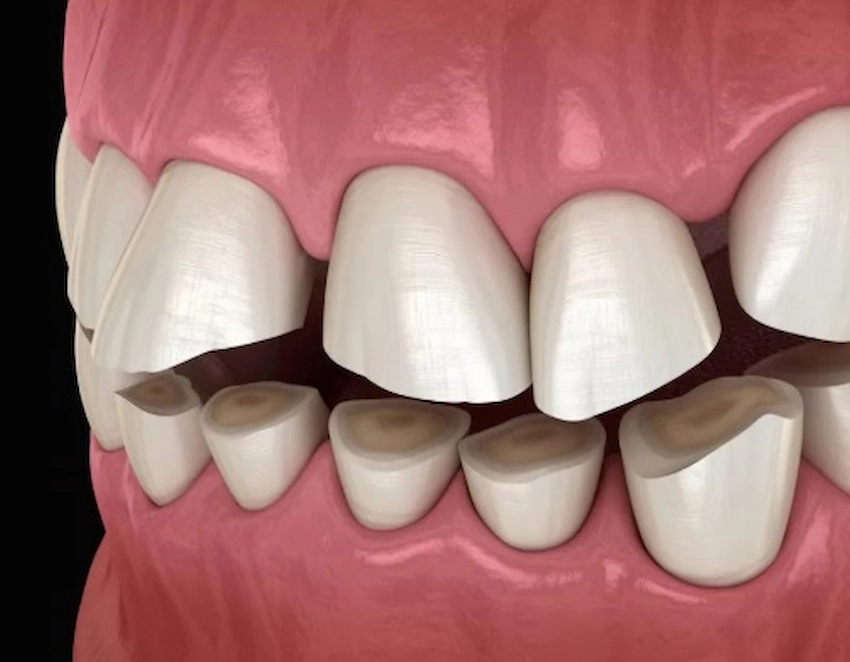
Once you shift to such a lifestyle, you are not only reducing the negative effects of bruxism but also allowing the chances of health and tranquility to manifest.
Bruxism Solutions at Lema Dental Clinic
At Lema Dental Clinic, we are committed to offering people personalized solutions for bruxism, the condition primarily characterized by the continuous clenching and grinding of teeth. Our treatment focuses on the symptoms and causes of bruxism so that in the end the patient will receive a solution that is custom to his or her needs. The provision of bruxism care is kicked off by an initial medical evaluation to determine the level of bruxism. If this is the case, we recommend a mouthguard that is made to fit your teeth, which not only protects them but also prevents them from wearing down due to grinding during sleep. The jaw strain and headaches are minimized while the tooth crown is still covered.
In instances where dental damage has taken place, including the need for dental implants, the professional team at LemaDental Clinic Istanbul performs restorative treatments that involve the use of crowns, veneers, or implants to repair and shield the teeth from further damage. Furthermore, the undiscovered causes of masticatory muscle disorder are given top priority, and as an integrated care, they are treated with stress-relieving and specific lifestyle perks to stop the masticatory muscle disorder. In case it is a patient with severe bruxism, we propose further medication consisting of muscle relaxants, physical therapy, and certain types of dental treatment, which can readjust the bite and decompress the jaw joint in general.
FAQ: Understanding Bruxism: Causes And Treatments
Bruxism is a condition characterized by the grinding or clenching of teeth, often occurring during sleep or in response to stress.
Common causes include stress and anxiety, sleep disorders, misaligned teeth, and lifestyle factors such as excessive caffeine or alcohol consumption.
Symptoms can include headaches, jaw pain, worn-down teeth, and increased tooth sensitivity. Some individuals may also experience earaches or facial pain.
Bruxism is typically diagnosed through a dental examination, where a dentist checks for signs of tooth wear and may ask about sleep patterns and stress levels.
Treatments can include the use of mouthguards to protect teeth, stress management techniques, dental corrections, and, in some cases, medications to relax the jaw muscles.


